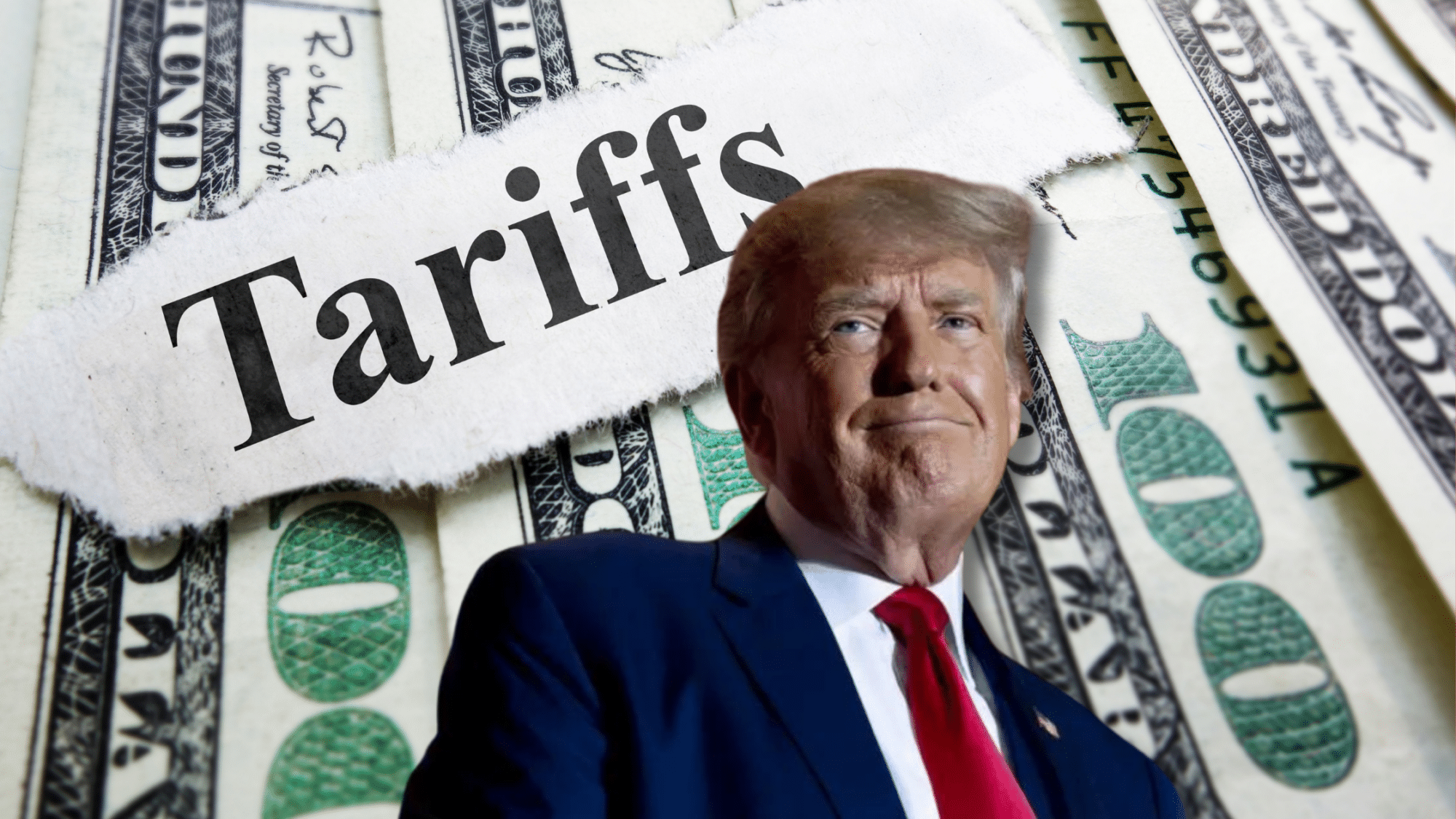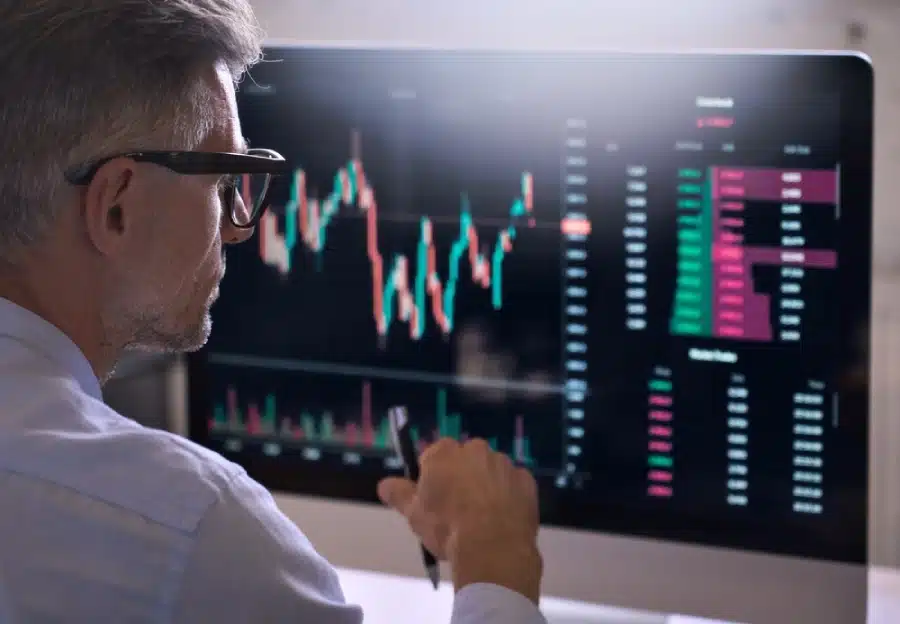Former President and Presidential candidate Donald Trump has proposed a drastic measure: imposing a 100% tariff on goods from countries moving away from using the US Dollar in international trade. This policy, if enacted, aims to bolster the US dollar's position as the world's reserve currency.
The question is will it work?

Why It Will Work
Strengthening Dollar Dominance: By punishing countries that de-dollarize, Trump’s policy could theoretically reinforce the dollar’s status as the global reserve currency. This dominance ensures that global trade, especially in commodities like oil, continues to be priced in dollars, which inherently supports its value.
Economic Leverage: The US has significant economic leverage due to the dollar’s role in global finance. A 100% tariff could act as a deterrent, compelling nations to continue using the dollar or face economic isolation, thereby maintaining the dollar’s global demand.
Increased Revenue: Initially, these tariffs could generate substantial revenue for the US government, potentially offsetting other forms of taxation or funding deficits, which might indirectly support the dollar’s value by reducing the need for quantitative easing or excessive borrowing.
Protectionism: This policy aligns with protectionist sentiments, aiming to protect US industries from foreign competition, potentially leading to a domestic economic boom if industries thrive under reduced foreign competition, thereby supporting the dollar through increased economic activity.
Why It Won’t Work
Global Trade Retaliation: The most immediate counterargument is the risk of trade wars. Countries might retaliate with their tariffs, leading to a decrease in global trade, which could harm the US economy more than help it. Reduced trade could weaken the dollar due to lower demand for it in transactions.
Inflation and Consumer Costs: Such a tariff would likely increase the cost of goods for American consumers, leading to inflation. Higher prices could reduce real wages, consumer spending, and economic growth, undermining the dollar’s value through domestic economic instability.
Shift in Global Economic Power: The policy might accelerate the shift towards alternative currencies or a new reserve currency system, like digital currencies or gold-backed systems proposed by some countries. This could lead to a long-term decline in the dollar’s global usage and value.
Economic Isolation: Over-reliance on tariffs for revenue could isolate the US economically, reducing its influence in global financial systems. If countries find alternatives to the dollar, the US could face a significant reduction in its economic power, directly affecting the dollar’s stability.
Market Confidence: Investors might lose confidence in the US dollar if such policies lead to economic instability or if they’re seen as desperate measures to maintain dollar dominance. Confidence is key in currency valuation, and aggressive tariffs could signal economic weakness.
It’s A Double-Edged Sword
Donald Trump’s proposed 100% tariff on goods from countries moving away from the US dollar presents a double-edged sword. It might strengthen the dollar by enforcing its use in global trade but we are not sure how other countries will react. It could ignite trade wars, accelerate de-dollarization efforts, and could lead to economic isolation or inflation within the US. On the other hand, it could also bring confidence back to the US government and its economic policies.
PROTECT YOURSELF
Regardless of what happens, you simply need to protect yourself and one way to do that is by investing in Bitcoin.
Bitcoin operates on a decentralized network, free from any single government or financial institution’s control. This independence means its value isn’t directly tied to the fortunes of any one economy, including the US. If the US economy falters, Bitcoin might not suffer in the same way traditional assets do, providing a hedge against domestic economic policies or failures.
Bitcoin also represents an asset class with a low correlation to traditional markets like stocks and bonds. This lack of correlation can diversify an investment portfolio, reducing overall risk. If the US stock market or real estate crashes, Bitcoin might not follow suit, offering a buffer against total portfolio loss.
Easily start investing in Bitcoin today, safeguarding your wealth against potential economic upheavals.
Get started here.
Read here to learn What Is A Crypto IRA?




